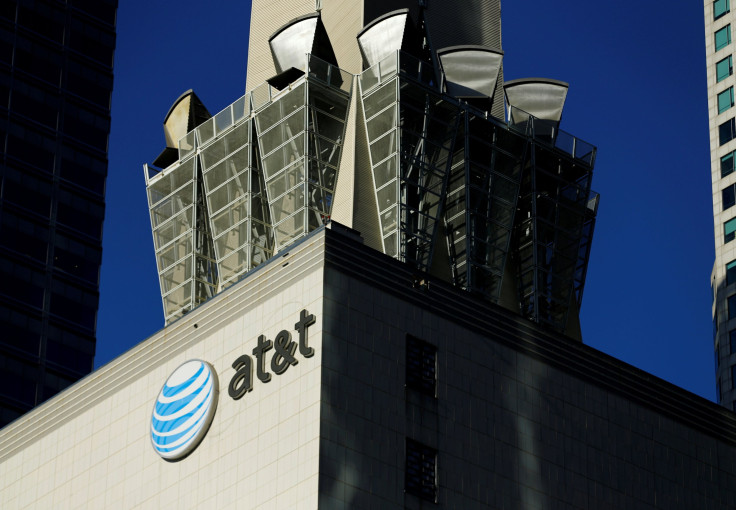Time Warner-AT&T Deal: Will My Bill Keep Going Up?

AT&T’s plans to buy Time Warner Inc. for $85.4 billion, announced on Saturday, haven’t yet gotten the green light from regulators, and the specter of AOL’s failure in 2000 to acquire the multimedia giant may haunt the deal. But, on top of carriers raising the prices of their least-expensive plans over the past year, what does the merger mean for your monthly wireless bill?
The telecom company promised to offer consumers a “combination unlike any other,” in which content from Time Warner’s various properties—including HBO, Warner Bros. and CNN—can be viewed on any mobile device, according to an AT&T press release. The megamerger would make AT&T “the first U.S. mobile provider to compete nationwide with cable companies in the provision of broadband and video,” the company, which already owns DirecTV, added.
So while wireless service prices have been escalating for years, AT&T hopes to give customers the option of cutting cable altogether in favor of multi-device wireless streaming. If you’re a fan of AT&T’s service and Time Warner’s content—which includes Game of Thrones and the Harry Potter movies—your content viewing may become more convenient, as AT&T could offer content streaming that won’t consume big chunks of your data plan. The telecom company, which has seen postpaid customer losses for eight straight quarters, hopes to woo new customers who love to watch TNT, TBS and other Time Warner channels.
But it’s not clear how much more Time Warner’s streaming services will cost for users of AT&T’s rivals, like Sprint and Verizon, and the bundling may also result in further price increases, according to regulatory watchdog group American Cable Association (ACA).
“As the [Federal Communications Commission] has found in past mergers, combining valuable content with pay-TV distribution causes harm to consumers and competition in the pay-TV market,” the ACA said in a statement. “ If an AT&T/Time Warner deal is forged as reported, the vertical integration of the merged company must be an issue that regulators closely examine."
Last year, Comcast failed to merge with Time Warner for that very reason, as the cable company, which already owned NBC Universal, would control two-thirds of its market.
Still, AT&T also pledged to “innovate new advertising options” as a way to keep the costs from hitting customers, so instead of seeing prices skyrocket, you might just see a lot of ads. And, because AT&T will have access to Time Warner’s subscriber data, the ads would likely be targeted, not unlike the ones that pop up on your Facebook homepage after you’ve done some online shopping.
© Copyright IBTimes 2024. All rights reserved.






















